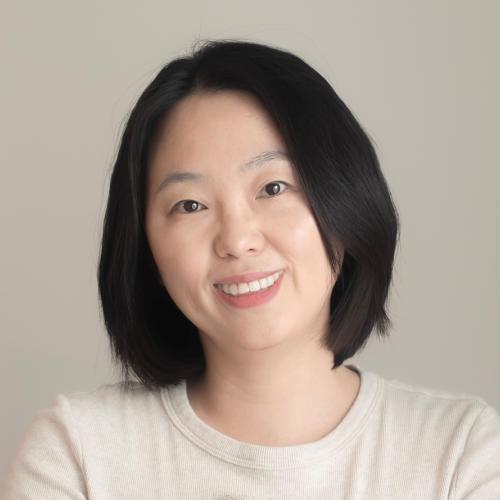The iSchool is pleased to announce that Kahyun Choi joined the faculty as an assistant professor on August 16, 2024. She most recently served as an assistant professor in the Department of Information and Library Science at Indiana University Bloomington.
Choi's research interests involve the application of computational methods and machine learning algorithms to various modalities, including audio and text. Her expertise is at the intersection of technology and the humanities, focusing on ethical artificial intelligence (AI) workflows for Libraries, Archives, and Museums (LAMs), music information retrieval, public library-based AI education programs, and computational poetic text analysis. Her honors include the Indiana University Trustees Teaching Award (2023), Institute of Museum and Library Services (IMLS) Early Career Research Development Project Grant (2022), IMLS National Leadership Grant (2021), and the Luddy Faculty Fellowship (2021).
Prior to earning her PhD from the iSchool at Illinois, Choi worked as a software engineer at Naver, an internet portal in Korea.
"Our School is excited to welcome Kahyun back to Illinois," said Dean and Professor Eunice E. Santos. "Her early career achievements are impressive, and our faculty are looking forward to working with her and sharing their expertise."
"I'm thrilled to return to my alma mater to advance my research on machine learning in music and digital humanities," said Choi. "I deeply value our strong library science program as well as our School's work in digital humanities and cultural informatics. I look forward to collaborating with colleagues and students on research in ethical AI for libraries, music information retrieval, and computational poetry analysis."
